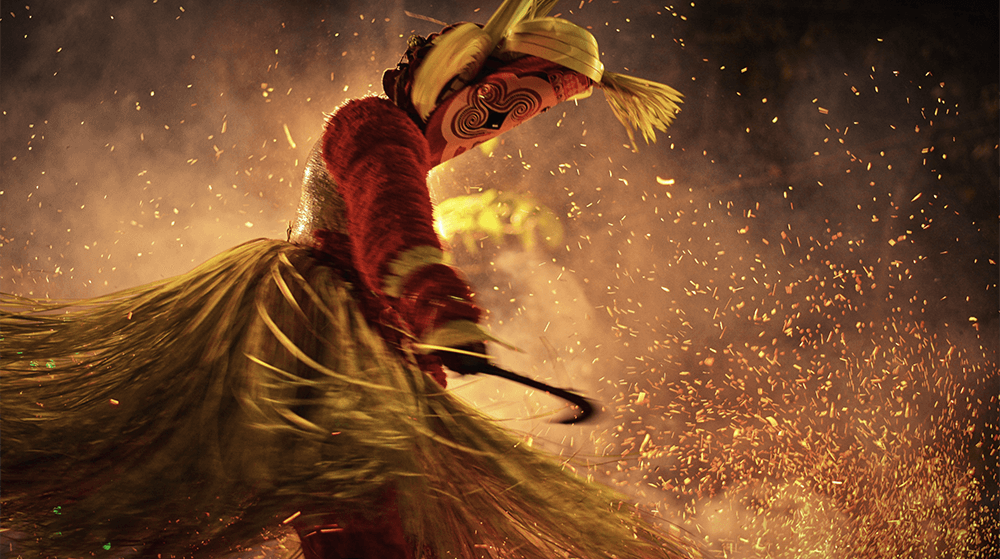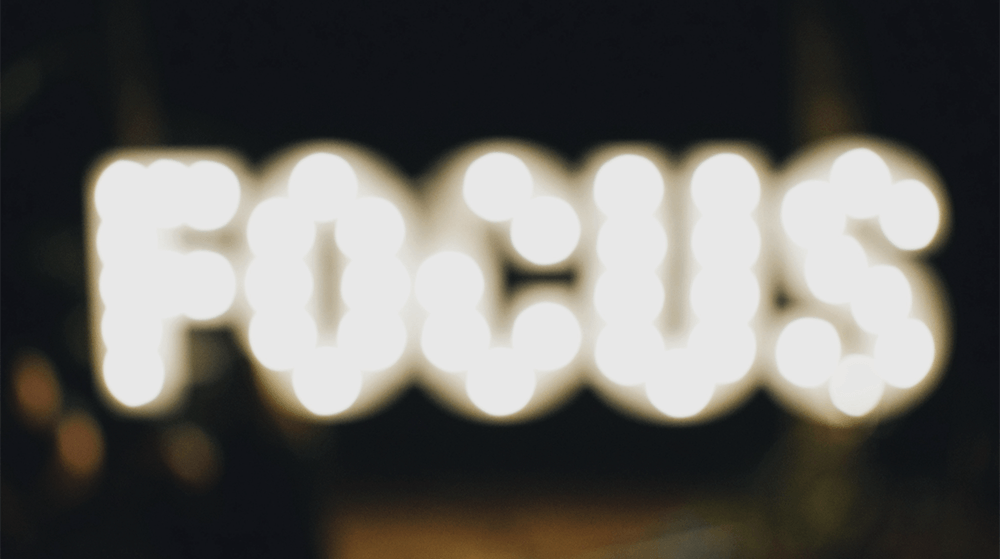How to Use the Hero’s Journey to Transform Your Life
The Hero's Journey offers a roadmap for work and life. These 4 steps can transform your everyday reality.
Steven Puri
Save time with Sukha
Hero's Journey
The mythologist Joseph Campbell noticed that the spiritual narratives from a number of cultures all followed the same thematic structure. He called this phenomenon “The Hero’s Journey.” This structure is also followed by many novels and popular movies, hinting at a universal appeal to a particular type of narrative.
Interestingly, you can apply the themes from this theory to Flow States—and even use the outline to help structure your workday.
Campbell’s theory holds that three phases are prevalent in numerous mythological journeys: departure, initiation, and return. In total, there are 17 stages, but for our purposes, the addition of a fourth (integration) sets the stage for getting into a Flow State.
By following this outline, you can more easily achieve Flow while working on your tasks. As Mihály Csikszentmihalyi realized during his research, the more you train for Flow States, the more likely you are to enter one.
Just as high-level athletes must train their bodies and minds to perform at their best, this simple guideline is the key to accessing this profound mindset.
Departure
In The Sukha, this phase is simple: getting your Tasks in order. We recommend choosing your Most Important Task first. Not only is your mind sharpest in the morning, but you’ll also feel more fulfilled at the end of the day knowing that you accomplished what you needed to get done.
Choosing your music playlist (or letting Sukha’s Focus music guide you) and arranging the day’s Tasks in the Playlist sets you up for success.
In mythological terms, this is known as the call to adventure. The hero is tasked with a duty, either by divine decree or due to an inner calling.
They might even refuse the call, though that never works out — at some point, they must face their fears and set out on the journey.
A great example is the Arthurian knights, who quested by entering the darkest part of the forest, even though they often had no specific goal in mind. Likewise, the king Gilgamesh left on his journey in search of the plant of immortality.
Chances are you’re not seeking eternal life when sitting down to work. Whether slaying dragons or emails, the preparatory phase is essential. At this point, you have not fully given yourself over to work, though your morning rituals have prepared you: a cup (or three) of coffee, a half-hour of meditation or yoga, or getting the kids ready for school.
Preparation is everything.
Initiation
For us mortals, the bulk of our workday is devoted to getting tasks done. Whether your playlist has one big Task or 10 smaller ones, the initiation is the journey through your workload. Perhaps that’s five meetings and 50 emails that need to be answered. Maybe that’s devoting time to completing 20 pages of your novel or a few dozen lines of code.
This is the work, and if you’ve prepared well, this is when you Flow.
This is also when you need to avoid distractions. The Sukha’s coaches will remind you if you’re spending too much time on Facebook or Twitter. Remember, it takes your brain roughly 20 minutes to do deep work, so every time you needlessly check an email or scroll through your social media feed, you’re ensuring that you won’t Flow.
In Campbellian terms, this is the heart of the Hero’s Journey.
The knight has entered the forest and encounters the demons they need to battle. Gilgamesh races across the planet in an epic quest, battling evil gods in service of his best friend, Enkidu. Rama desperately searches for Sita. Persephone travels through the underworld while in the captivity of Hades, biding time until her return.
As Campbell phrases it in The Hero With a Thousand Faces,
Once having traversed the threshold, the hero moves in a dream landscape of curiously fluid, ambiguous forms, where he must survive a succession of trials. This is a favorite phase of the myth-adventure. It has produced a world literature of miraculous tests and ordeals.
The initiation requires focus. This is why we tackle one task at a time.
The outcome is never good when you take your eye off of the demon—or the series of emails—in front of you.
Return
Just as morning rituals are important, so are your evening rituals. That could mean shutting down devices two hours before bedtime in order to spend time with your family. Maybe an evening meditation helps you decompress.
What matters is that there’s a separation between your work and personal life. You close your laptop to say, “That was enough productivity for the day; time to let my body and mind rest.”
This separation is essential. Otherwise, you’ll perpetually feel like you haven’t accomplished enough.
Your level of satisfaction increases when you Flow at work.
Your tasks complete, you can recharge.
Having traversed the world, Gilgamesh returns home to rule over his kingdom. Though he found the plant of immortality, he didn’t follow the rules; he fell asleep on the way home. While taking a nap, a sinister fish snagged the plant. Upon awakening, Gilgamesh realized he’s mortal.
Gilgamesh winning eternal life wasn’t the point of the world’s oldest mythology. The dissolution of his ego was the goal all along (even if he didn’t know it). Upon returning to Uruk, the formerly authoritarian king became a benevolent ruler.
Campbell phrases it thus:
When the hero-quest has been accomplished, through penetration to the source, or through the grace of some male or female, human or animal personification, the adventurer still must return with his life-transmuting trophy.
The story wouldn’t be meaningful if Gilgamesh wasn’t humbled. If he returned and remained the same wicked ruler, the journey would have been for no reason.
He needed to learn a lesson, which brings us to the final phase.
Integration
You’re not going to learn a lesson every day. This is where Flow comes in, and why it’s so important to the structure of your day. As noted, Csikszentmihalyi realized you can train to be in Flow. The more you practice, the more time dissolves and you feel fully engaged in your work.
That matters in a country where only 34 percent of American employees feel engaged in their jobs. Even more astoundingly, that’s the highest number ever recorded.
In decades of polling, no more than one-third of workers ever feel satisfied at work.
It’s not necessarily the job that matters. It’s the energy and focus you put into your work. Csikszentmihalyi understood that you must derive some level of satisfaction, yet that too can be a matter of training. Some people find Flow while sorting through giant data sets. For others, it’s driving the lane on a basketball court.
What matters is your level of commitment.
The integration phase is working the lesson into your daily life. There are stories in which the hero does not learn, and so they must travel again. Mythologies are transformational.
Hollywood movies are meaningful for a reason: the characters end the film a different person than when they began. They apply the lessons to their life.
You set yourself up for success when you shut off the distractions and devote your energy to one task at a time.
When you finish that task, pause for a moment before moving onto the next. This increases the likelihood of getting into a Flow State, thereby increasing the chance of satisfaction at the end of the day.
There will never be a utopia where everything works out all of the time. Character is built through determination and adversity, not ease.
Ironically, the more time you spend Flowing, the more easeful even stressful situations seem.
When you get centered, everything appears to fall into place.
You’ve trained your mind to be present—a journey we can all take.

